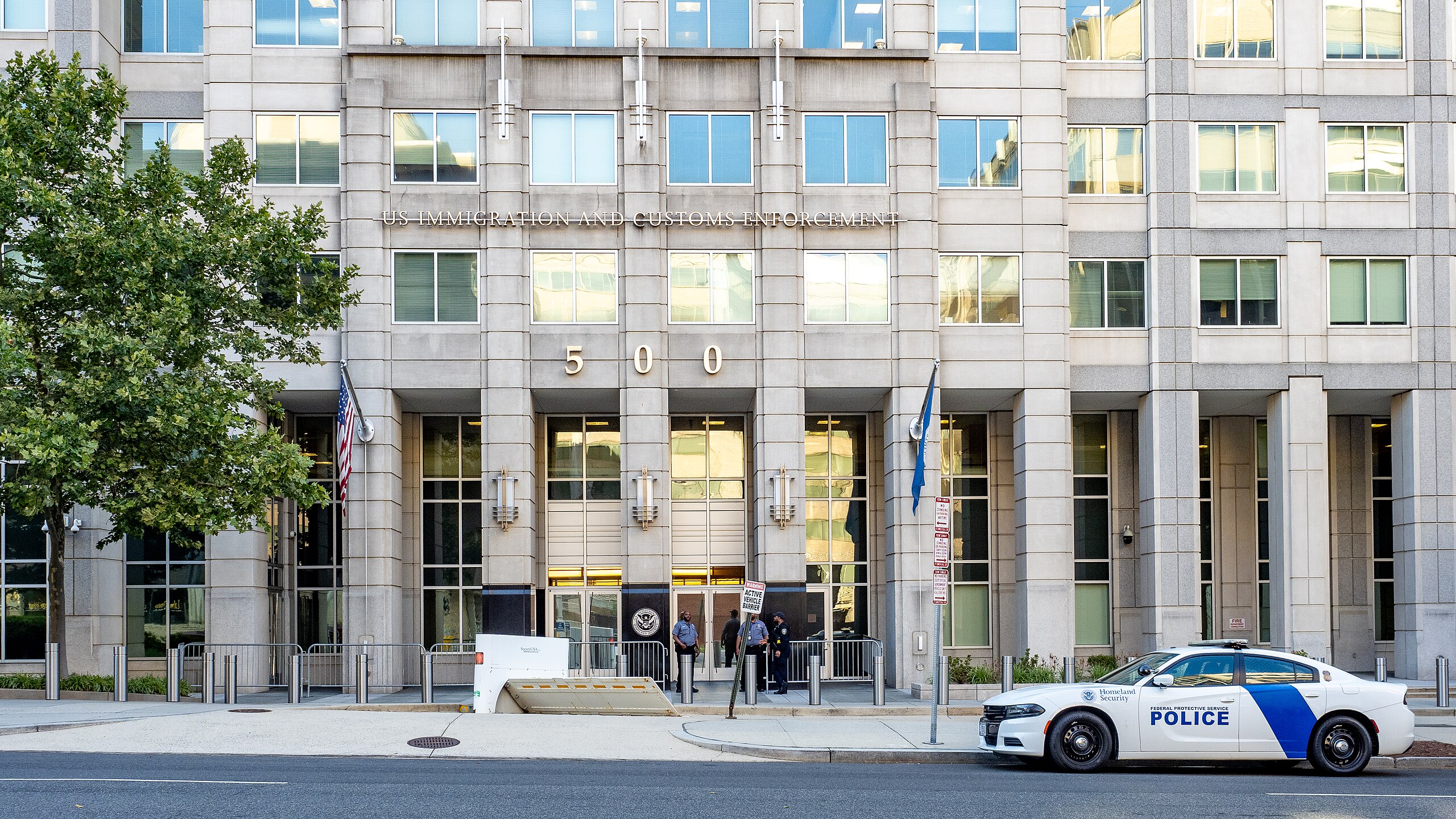Today's Headlines and Commentary
Shia militias in Iraq announced today that they have taken control of efforts to reclaim Ramadi, the capital of the country’s Anbar province which fell to the Islamic State about a week ago. Paramilitary troops have advanced to within a few kilometers of the city’s southwestern edge.
Shia militias in Iraq announced today that they have taken control of efforts to reclaim Ramadi, the capital of the country’s Anbar province which fell to the Islamic State about a week ago. Paramilitary troops have advanced to within a few kilometers of the city’s southwestern edge. Reuters reports, however, that the sectarian nature of the military campaign could actually exacerbate tensions with the majority Sunni population of the Anbar province.
The Wall Street Journal examines exactly how Ramadi fell to the Islamic State. According to the newspaper, the militant group “executed a complex battle plan.” For instance, the Islamic State remained silent on social media, helping to evade online surveillance tactics. Additionally, the group used “formidable new weapons” created “by converting captured U.S. military armored vehicles designed to be impervious to small-arms fire into megabombs with payloads equal to the force of the Oklahoma City bombing.” These new weapons enabled the unremitting detonation of deadly suicide bombs, which ultimately forced the retreat of Iraqi and U.S.-trained forces.
On Sunday, U.S. Defense Secretary Ash Carter blamed the Iraqi forces for the fall of Ramadi, saying they lacked “the will... to fight ISIL and defend themselves.” According to the Associated Press, Iraqi and Iranian officials have angrily pushed back against Secretary Carter’s characterization of the situation.
Meanwhile, DefenseOne gives three reasons for why the Iraqi military is in pretty bad shape: 1) the Bush administration’s 2003 decision to disband the existing Iraqi army; 2) corruption resulting from the legacy of former Prime Minister Nouri al-Maliki; and 3) sectarian divisions.
As General Martin Dempsey prepares to step down from his post as Chairman of the Joint Chiefs of Staff, the Washington Post examines the role that the military leader has had in shaping current U.S. policy toward the Islamic State. The paper notes that General Dempsey has been cautious and deliberative in his approach toward the situation in Iraq and Syria, a trait “derived from his own history in Iraq and across the Middle East.” According to one Obama administration official quoted in the article, “What we’re trying to do with the Iraqis [now] is what he said we should have done back then.”
The Post’s Walter Pincus discusses what lessons from its experience in Vietnam the U.S. can apply to the current situation in Iraq.
China held a groundbreaking ceremony today for the construction of two lighthouses in the South China Sea. The U.S. and the Philippines have called on Beijing to halt the building of the two structures, which are likely to exacerbate geopolitical issues in that region. Reuters informs us that the country’s ruling Communist party also released a policy document today, outlining its new strategy for “open seas protection.” You can read that document here.
Meanwhile, Reuters reports that as tensions in the South China Sea escalate, Southeast Asian nations with ties to the conflict are spending increasing amounts of money on defense capabilities.
Reuters also updates us on violence in Afghanistan: Two Afghan police officers are dead after Taliban militants bombed a courthouse in the country’s Wardak province. Both jihadists were also killed. Meanwhile, an overnight ambush in Afghanistan’s eastern Paktika province left eight security officers dead. The two attacks follow a series of violent encounters in the southern Helmand province yesterday. “At least 14 police officers [including the deputy chief of police] and seven army servicemen were killed” in those encounters.
The New York Times explains how the Afghan government has placed itself in a precarious position by appealing to local militias and area strongmen to safeguard cities and municipalities from Taliban militants. This strategy undermines assurances that Afghan security forces are capable of defending the country. Furthermore, it may lead to “factional rivalries and civil strife.” Still, the Kabul government swears this new direction, prompted by the Taliban’s April attack on the northeastern city of Kunduz, will be “controlled.”
The Wall Street Journal shares the story of one Afghan militiaman, Hanif Bai, a former security guard who has raised a 400-strong private militia in order to defend him home from the Taliban.
The Miami Herald’s Carol Rosenberg informs us that a former Guantanamo Bay detainee, who was resettled in Kazakhstan in December, has died there. Asim Thabit Abdullah al-Khalaqi passed on May 7, allegedly of kidney failure.
ICYMI: This Weekend, on Lawfare
Bruce Schneier explained why the current debate regarding reform of Section 215 of the USA Patriot Act is actually not all that important.
Yishai Schwartz discussed the importance of certainty in scholarly discussions of Israeli military advantage over Palestinian militant groups.
Wells shared Al Warafi’s reply brief to the government’s opposition to his motion for release from the detention facility at Guantanamo Bay.
Ben proposed an idea that might improve communication between the press and the intelligence community over issues involving the disclosure of classified information.
Cody posted this week’s Lawfare Podcast, which featured a roundtable discussion on the success of Indian Prime Minister Narendra Modi’s government one year after it took office.
Ariel I. Ahram and Frederic Wehrey wrote this week’s Foreign Policy Essay, analyzing the Iraqi National Guard and teasing out the lessons it offers for future partnerships between the U.S. and local militias in the Middle East.
Email the Roundup Team noteworthy law and security-related articles to include, and follow us on Twitter and Facebook for additional commentary on these issues. Sign up to receive Lawfare in your inbox. Visit our Events Calendar to learn about upcoming national security events, and check out relevant job openings on our Job Board.




